From drought to excessive rainfall: village in Bolivia gets buried by landslide, 30 homes swallowed by mud
The sight of what used to be my home constricts my chest and takes my breath away. I’ve spent many nights crying silently while my daughters and husband sleep…
- 3 months ago
April 13, 2024
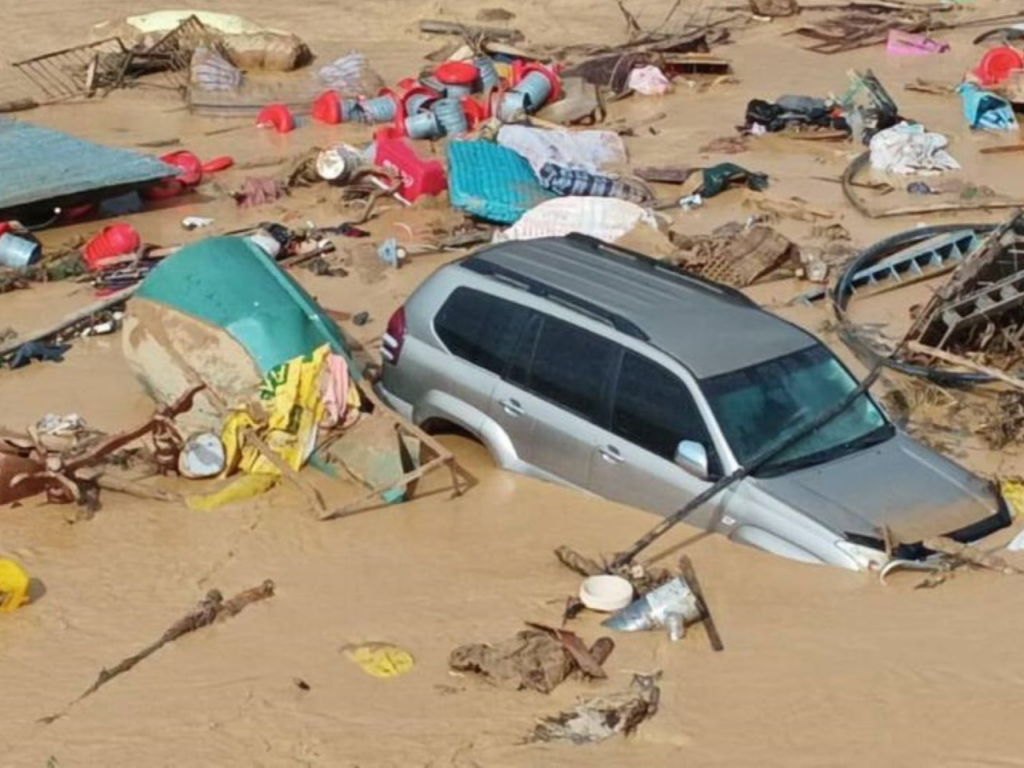
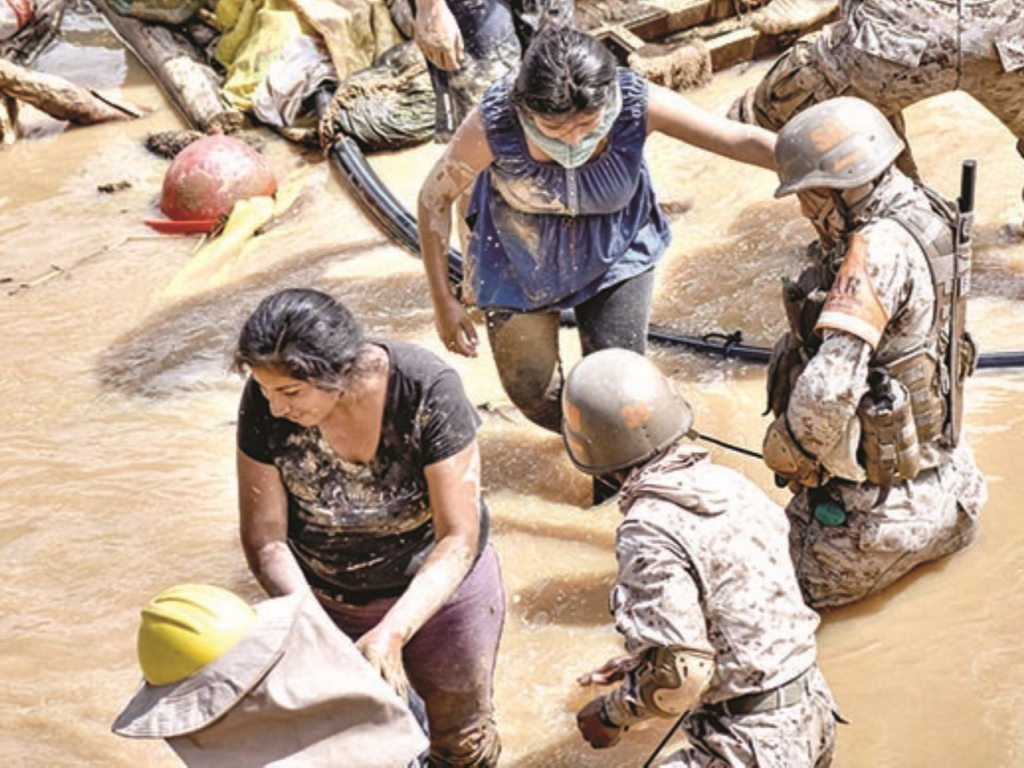
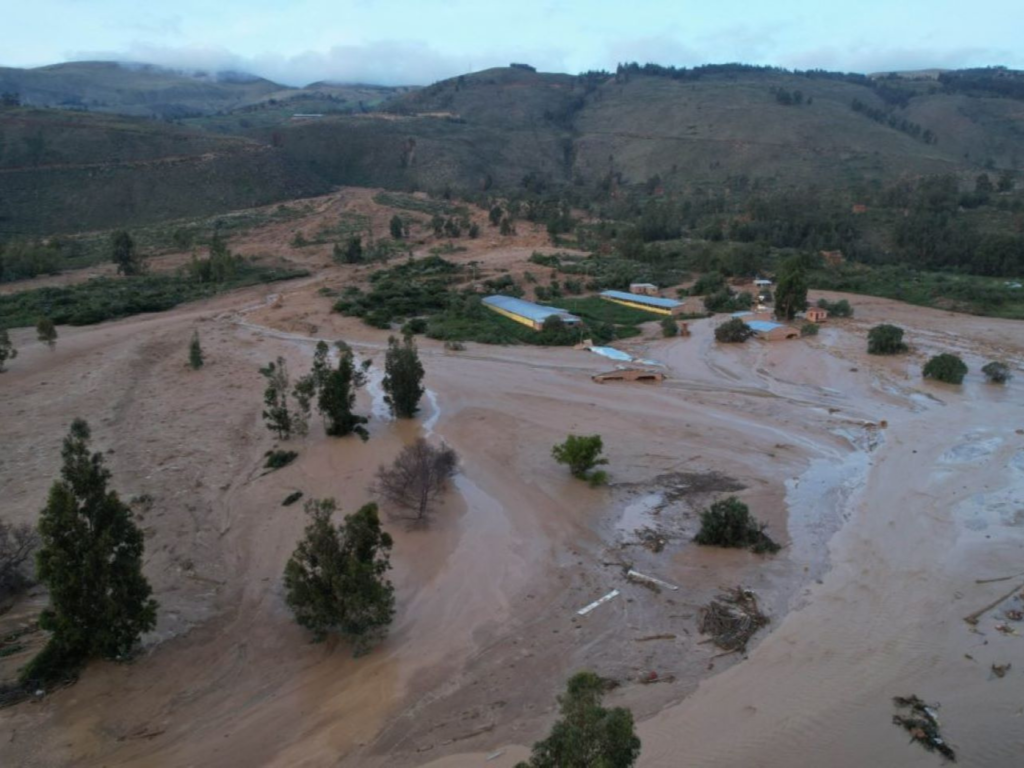
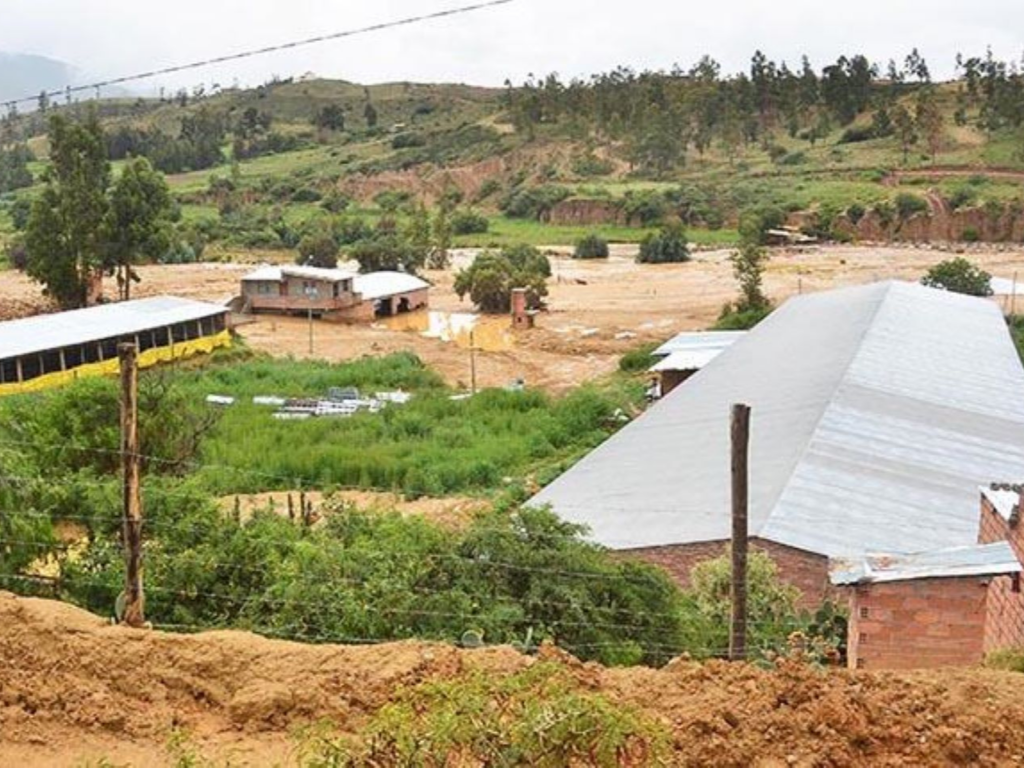

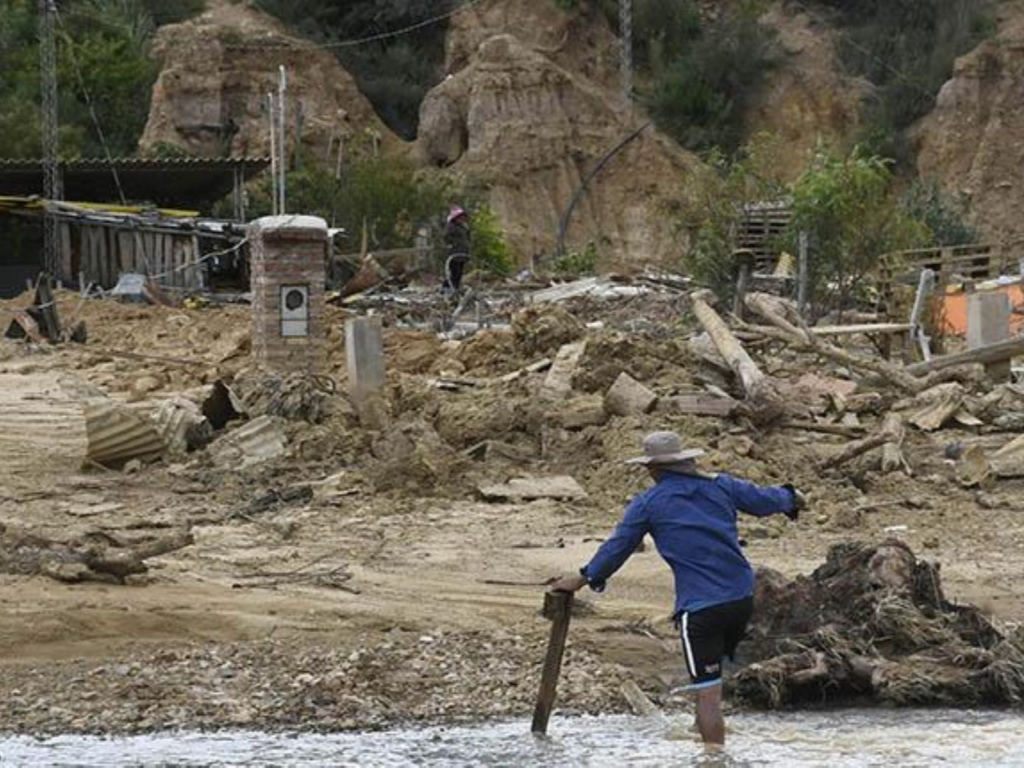
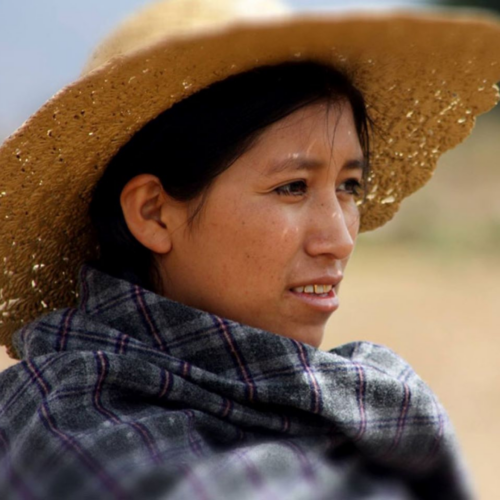
LAQUINA, Bolivia — On the day of the landslide, February 25, 2024, we stood in the middle of our crop field. A call came, warning us of a torrent of mud and stones headed straight toward our home. Images flooding into my phone and I watched in disbelief.
Trembling, the words escaped me, and my cell phone slipped from my grasp and hit the ground. Tears streamed down my face as my husband picked up the phone. He looked at the pictures, stunned. Without speaking a word, we embraced, our bodies shaking as we sobbed.
Read more natural disaster stories at Orato World Media.
Landslide buries Laquina village, residents lost homes, cattle, and crops
When the landslide happened, the neighbors heard a sound akin to thunder or an explosion. No one quite understood what was going on. As they stepped outside, they saw the debris flowing from the ravine. In a desperate rush, they fled their homes, dodging the advancing avalanche, and ran to the opposite hill. From there, they watched helplessly as our homes, farms, and crops were buried under the mud.
The disaster unfolded after the dam at a nearby lagoon burst, unleashing torrents of mud down the mountain slope, flooding everything in its path. Now, all that remains is a desolate scene.
Before the catastrophe, Laquina was a verdant paradise, brimming with ponds, potato fields, cornfields, and fruit trees. The harmony between animals and plants, the crisp morning air, the tranquil afternoons, and the sunsets that bathed the hills in a soft glow were idyllic. Now, it looks like a barren beach – a blank slate where our vibrant community once thrived.
Life here is no longer possible. The land is saturated with soft, sticky mud, and the water wells and pipes remain buried deep underneath. The landslide buried the work of my entire life. Years of toil and dedication are now lost. My crops, ready for harvest, are under four meters of sludge. One of my neighbors fled with her family, including four children, seeking refuge for the night. Across the hills, other families lost nearly everything except their lives. Some, like us, arrived in tears, exchanging despairing glances.
“The area resembles a colossal river of mud“
With homes and farm sheds scattered throughout the area, the mud invaded everything. It claimed the lives of about 6,000 growing chickens, among other animals. You could see remnants of our lives peeking through the mud: parts of house roofs, sections of walls, the upper floors of some homes, broken doors, fences, windows, toppled posts, and vehicles dragged and buried. The force of the debris and water also swept away furniture and power poles, leaving us with nothing.
The disaster zone is nestled between two hills, each more than 300 meters apart. Today, the area resembles a colossal river of mud. In desperation, we lingered in the vicinity, scouring the surroundings in hopes of salvaging any items that might have survived. Our hopes were shattered, and in most cases, our efforts proved fruitless.
This is the first time I’ve ever faced such a loss. My home is completely buried. My neighbors had a two-story house, and the first floor was almost entirely submerged in mud. Nearby, there was a shed that served as a mill for preparing bird feed. The mudslide hurled a vehicle into it, demolishing a wall. Across from that, there were sheds housing the 6,000 growing chickens that died.
A bit further up, another shed managed to survive, housing dozens of hens. Yet, the majority of the animals died. It became impossible to reach them to provide food, or the food itself remained buried beneath the earth.
Efforts to redirect the river’s course are currently on hold due to the persistent risk
On the other side of the hills, more neighbors, gripped by desperation, tried to rescue their belongings from the mud. They used buckets to scoop up small items or clothing entangled with fragments of doors and windows. They rinsed these items in the collected water and set them out to dry on the hillside.
Some ducks managed to survive, and people placed them wherever they had space on higher ground. You could also see neighbors laying out documents, bills, books, notebooks, and other papers to dry. We did what we could, working night and day to salvage what was possible, but entering the area is dangerous. The mud reaches up to your neck in some places, and in others, it would cover you completely.
The government deployed military personnel who waded through using ropes. They organized efforts to extract furniture and other belongings. Today, navigating the area is an almost impossible ordeal. Only a few limited surfaces remain passable, and one must tread through the mud, hopping from stone to stone.
Efforts to redirect the river’s course are currently on hold due to the persistent risk posed by the vast amount of debris accumulated in the disaster zone. Today, Laquina remains a picture of desolation in the aftermath of the mudslide. Although they estimated that the work on the upper and middle parts of the river’s course is about 50 percent complete, the lower section still needs work. However, machinery tends to sink into the soft ground, making entry challenging.
Laquina has become synonymous with loss and struggle: “I’ve spent many nights crying silently“
The sight of what used to be my home constricts my chest and takes my breath away. I’ve spent many nights crying silently while my daughters and husband sleep, stifling my screams and resigning myself to the harsh reality. I often think, “What’s the use of crying?”
Laquina has become synonymous with loss and struggle. With my home buried, we sought refuge with family. I believe it is impossible to recover the life we had; it took too many hard years to build my house. The possibility of gathering the funds necessary to acquire another piece of land like what we had seems impractical.
I long to have my life back: to live in my house again, to feel the morning coolness on my face as I open the window. I dream about listening to the birds sing while my daughters play, and I cook. However, it all seems to feel like part of the past. This pit in my stomach twists with pain. We left everything behind. The avalanche devoured our dreams. All our hopes lie buried under mud.
All photos courtesy of Victoria Vicente.



























































































































































































